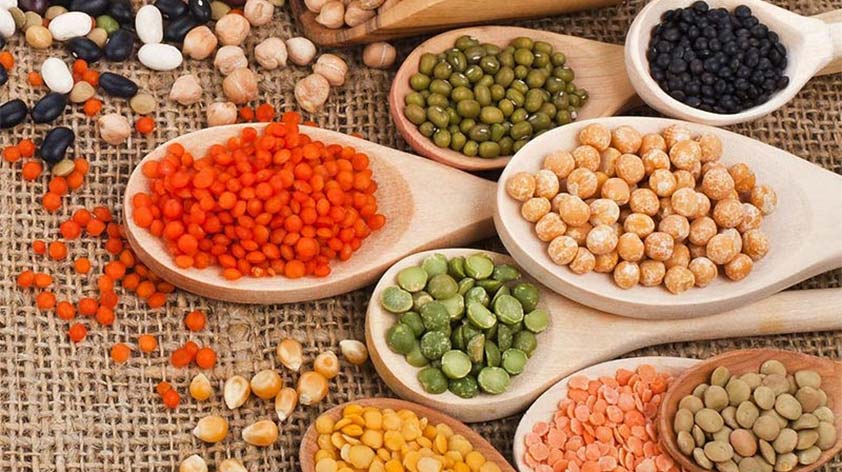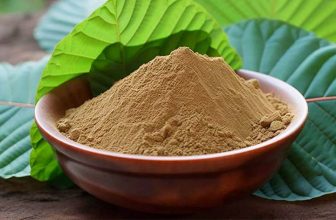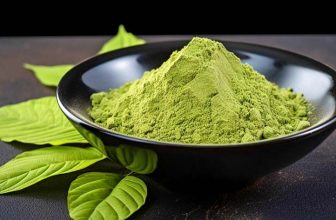
Beans or the legume family comprise of beans, peas and lentils, which are considered to be some of the most versatile and nutritious foods available. They are typically low in fat, and high in minerals like potassium, iron and magnesium. They are also a rich source of fibre and help to increase healthy gut bacteria, and, of course, they are an excellent source of protein. Forget about Jack’s magic beans – read on instead to find out how chickpeas, black beans, kidney beans and soybeans can have a ‘magical’ effect on your health in Magic Beans: Check Out Their Top 5 Health Benefits!
1. Protein-Packed
One of the most frequent (and probably most annoying) question vegans and vegetarians get asked is “but where do you get your protein?” While there are many plant-based foods that provide sufficient protein, one of the best sources is from the legume family.
A good target to aspire to in terms of daily protein intake is 50 grams. Most beans provide a decent 29-36% of that daily target per cooked cup. Boiled soybeans, however, have an even higher protein content, with just one cup providing a whopping 63% of this daily target!
2. Help Prevent Type-2 Diabetes
Chickpeas, also known as garbanzo beans, are very high in fibre. This is important because having lots of fibre in the diet can help to slow the absorption of sugar into the blood, lowering blood glucose levels and therefore reducing the risk of developing type-2 diabetes.
Additionally, those who are already suffering from type-2 diabetes will benefit from incorporating lots of beans into their diet. This is because beans, such as whole soybeans, are low in carbohydrates. A low-carb level correlates to a low glycemic index (GI), which is a measure of how foods affect the rise in blood sugar after eating.
3. Help Maintain Bone Health
Healthy bone structure requires a whole bunch of different minerals. Luckily for us, legumes like chickpeas and black beans contain the iron, calcium and phosphorus integral to healthy bone structure and strength. Beans therefore play a crucial role in preventing bone-wasting diseases like osteoporosis.
Zinc and iron are also essential in maintaining the strength and elasticity of bones and joints, which typically weaken and become less flexible with age. Making sure your diet has plenty of beans means you’ll be able to keep active for longer!
4. Help Maintain Normal Blood Pressure
Maintaining a low sodium intake is necessary in order to keep blood pressure at normal levels. Lentils and beans, especially black beans, are naturally low in sodium, and the sodium content of canned legumes can be reduced even further (up to 40%!) if they are simply drained and rinsed. Black beans also contain potassium, calcium and magnesium, all of which can naturally decrease blood pressure.
5. Reduce Your Risk of Cancer
Of course, eating certain foods alone can never completely guarantee cancer prevention, however the high antioxidant content of beans, especially chickpeas and red kidney beans, can certainly help to reduce your risk.
This is because antioxidants help to remove free radicals from the body. Free radicals are toxic substances that build up in the body as a result of processes such as metabolism, and pockets of their accumulation in the internal organs can cause damage to cells, leading to cancer. The selenium and beta carotene in chickpeas act as antioxidants, helping to remove these harmful free radicals.
There is also evidence that fibre, which again, is abundant in legumes like chickpeas, can help to reduce the risk of colorectal cancer.









